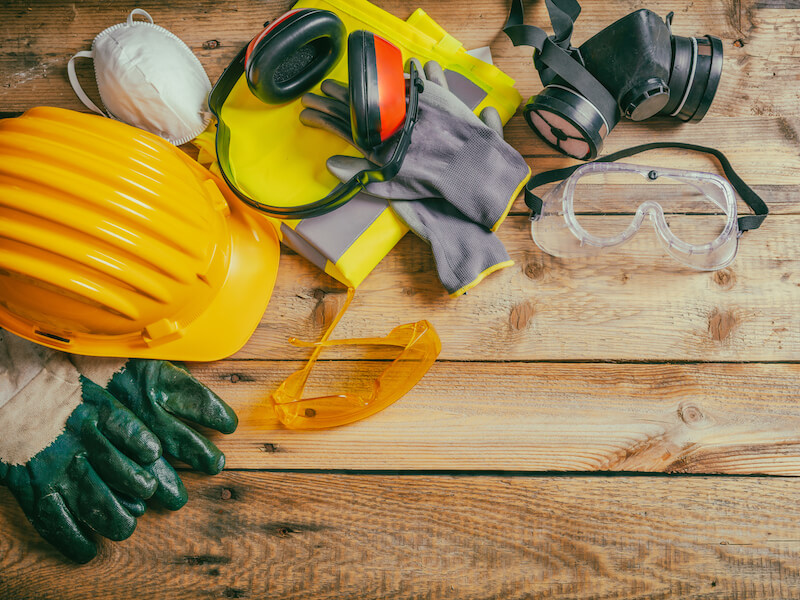
Approximately two million workplace injuries are reported every year. When you think of on-the-job injuries, you may think of flying projectiles or a hand caught in a piece of machinery at a factory.
But the most prevalent workplace injury is far more insidious and commonly goes unreported. It sneaks up on people very slowly over several years. The majority of people don’t even notice it’s happening until it becomes severe. Excuses are a normal reaction. “It’s only temporary” or “I’m just getting older. This response is common.
And it’s unusual for people to even realize that their workplace is the cause of this injury.
Damaged hearing is this insidious injury. There are numerous warning signs you should identify, and there are significant steps you need to take if you believe the damage is already done.
How Loud is Too Loud?
Your hearing can be irreversibly damaged with sustained exposure to as little as 85 decibels (dB) over a long period. For reference, a vacuum runs at about 75 decibels dB. A lawnmower produces 85 dB. A chainsaw or leaf blower creates more than 100 dB. And the volume of a gunshot logs in at 140 dB.
How noisy is your workplace? Is the most common workplace injury a problem for you? If you’re frequently exposed to something as loud as a lawnmower, even if it’s not continuous, your hearing can become damaged over time.
Symptoms of Hearing Injury
You’re definitely harming your hearing if you work in a noisy environment without hearing protection.
What follows is are early warning signs that you’re experiencing hearing loss:
- You frequently ask people to repeat themselves.
- Loud noises cause pain in your ears.
- Conversations sound muffled.
- You tend to withdraw when others are talking.
- You can’t understand the person speaking if there’s background sound.
- You think people speaking to you are constantly mumbling.
- Your friends and family tell you your TV, radio, or computer tablet volume is too loud.
- consonants get confused – “Todd” sounds like “Dodd,” for instance.
- You hear ringing, hissing, or whistling even when it’s quiet.
How is Hearing Damage Being Tackled by Employers?
Businesses and organizations are using the latest technology to reduce workplace noise in excessively loud environments. Government agencies are endeavoring to update guidelines that will decrease workplace noise and protect employees.
Employees are coming forward as they become aware of the long-term damage that workplace noise is causing. Further change will come as their voices are heard.
Preventing Additional Damage
Protecting your ears before they become damaged is the best plan if you work in a loud environment. Wearing protective earmuffs or earplugs while at work will help decrease potential damage.
Schedule an appointment for a hearing examination as soon as possible if you believe a noisy workplace has caused injury to your hearing. You will learn how to counter added damage when you find out how much hearing damage you’re dealing with. We can help you develop strategies to protect against further hearing loss and address the damage you’ve already experienced.